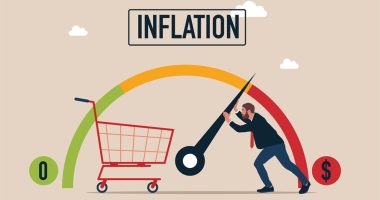Understanding ESG Investing
Defining Sustainable Finance
ESG investing focuses on Environmental, Social, and Governance factors to guide investment decisions, prioritizing companies that align with sustainability, ethical practices, and strong leadership. In 2025, global ESG assets exceed $50 trillion, per Bloomberg, reflecting growing demand for responsible investing. Unlike traditional investing, ESG evaluates long-term societal impact alongside financial returns, appealing to investors seeking purpose-driven portfolios.
Why ESG Matters Now
Rising Global Demand
Investor interest in ESG has surged, with 85% of global investors considering ESG factors in 2024, per PwC. Climate change, social equity, and corporate accountability drive this trend, as consumers and regulators push for sustainability. Companies with high ESG scores, like those reducing emissions by 20% annually, often outperform peers by 10-15% in stock returns, per MSCI, making ESG a strategic choice for risk management and growth.
Environmental Impact Focus
Tackling Climate Challenges
The environmental pillar emphasizes climate action, resource efficiency, and renewable energy adoption. Companies like Tesla, with 70% of revenue from clean energy in 2024, attract ESG investors. Funds targeting net-zero goals, such as BlackRock’s ESG ETFs, grew 30% last year, per Morningstar. Investors assess carbon footprints and waste reduction, as firms with poor environmental records face regulatory fines and reputational risks.
Social Responsibility Matters
Prioritizing People and Equity
Social factors evaluate labor practices, diversity, and community impact. Firms with strong diversity policies, like those with 40% female leadership, see 25% higher innovation rates, per McKinsey. ESG investors favor companies addressing human rights and fair wages, as 60% of consumers prefer brands with ethical practices, per Nielsen. Poor social performance, like labor scandals, can lead to boycotts and stock declines.
Governance for Accountability
Ensuring Ethical Leadership
Governance focuses on corporate transparency, anti-corruption measures, and board diversity. Companies with robust governance, like those with independent boards, reduce fraud risks by 35%, per Deloitte. In 2025, regulators like the SEC enforce stricter ESG disclosures, penalizing non-compliant firms. Investors use governance scores to identify stable, ethical companies, minimizing risks from mismanagement or scandals.
Getting Started with ESG
Building a Sustainable Portfolio
Beginners can invest in ESG through ETFs like Vanguard’s ESGV or mutual funds, with low expense ratios (0.09-0.2%). Research platforms like Sustainalytics provide ESG ratings to evaluate companies. Diversify across sectors like renewable energy and healthcare, and monitor performance using metrics like carbon intensity. In 2024, ESG funds delivered 8-12% annual returns, per Morningstar, balancing profit with positive impact.









